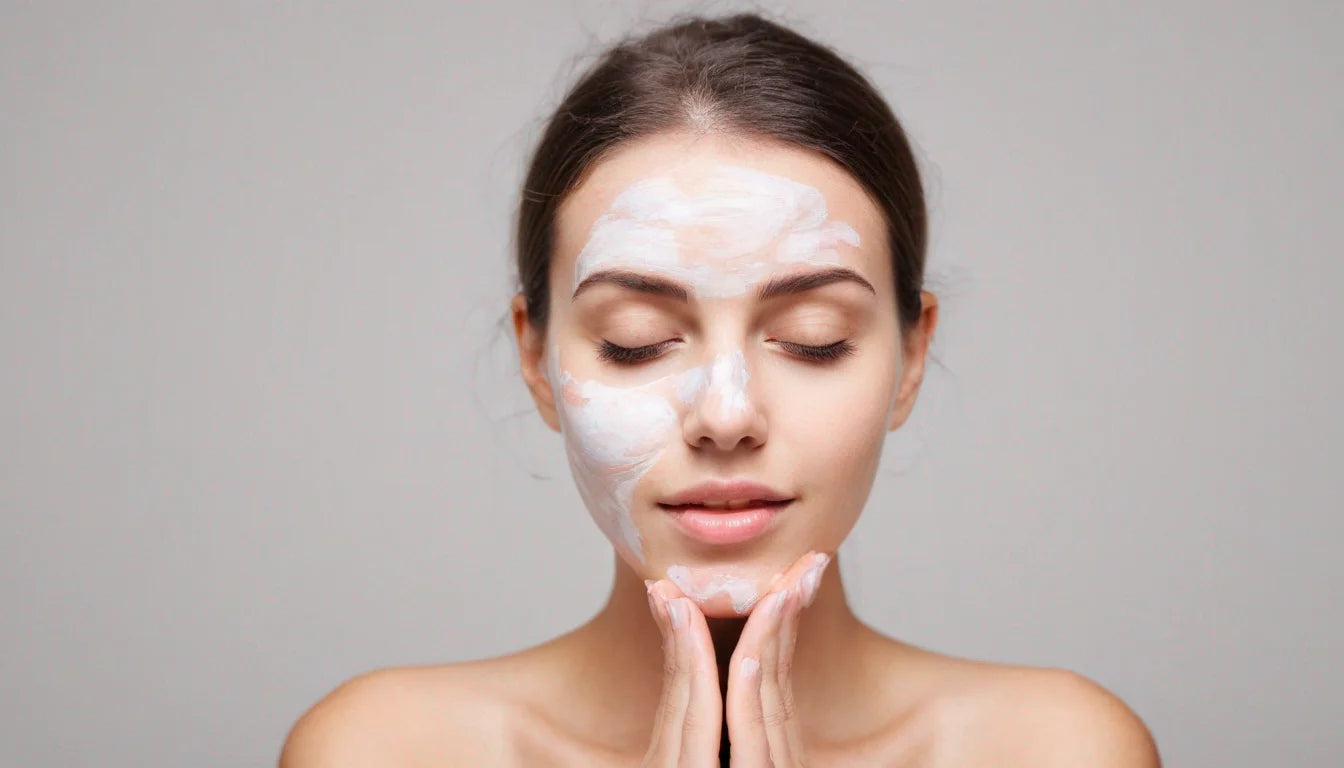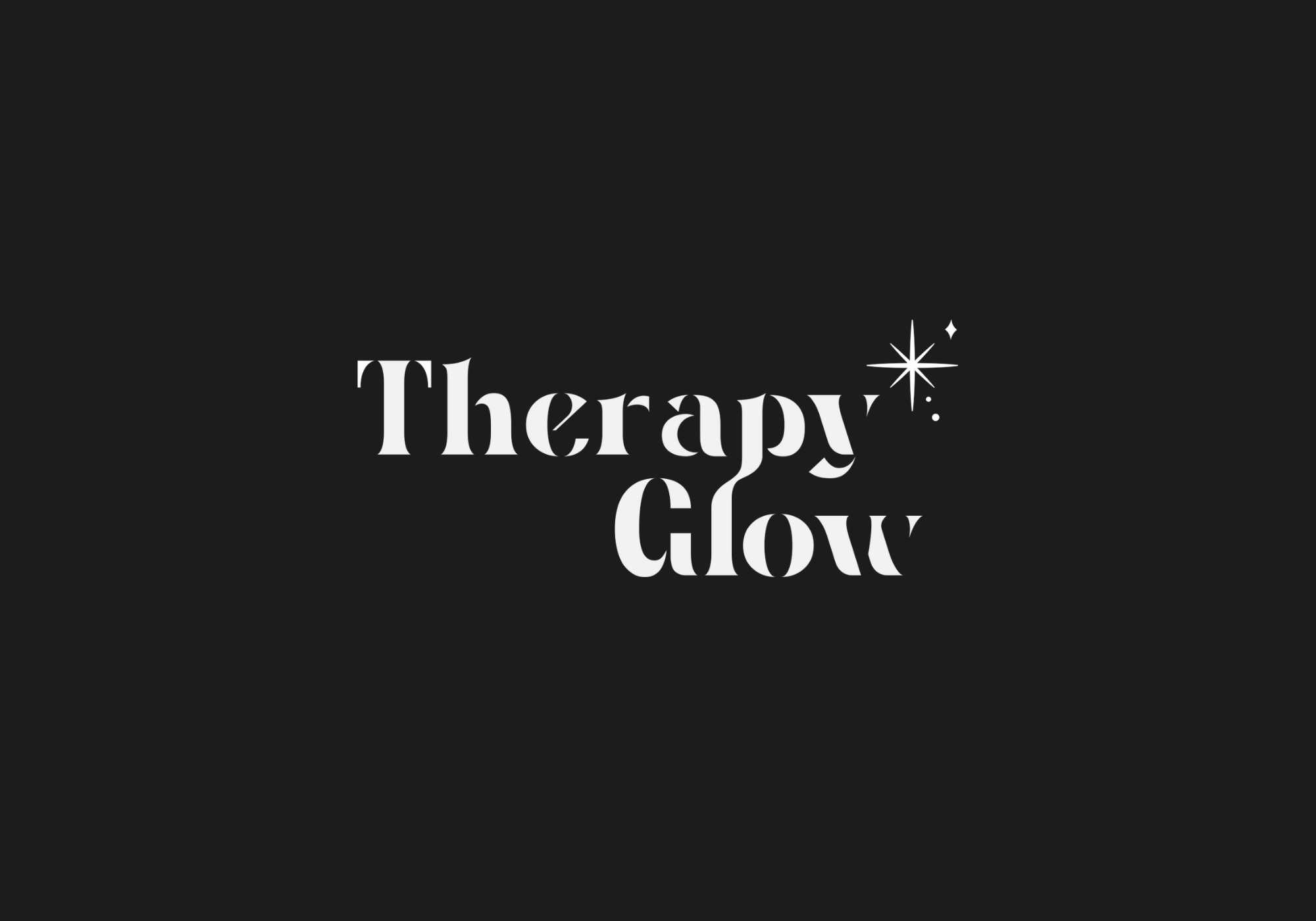Acne: myths and realities - Therapy Glow's comprehensive guide to glowing skin
Learn the truth about acne, a skin condition that many women may encounter. In this article, we address the myths and realities of acne, the different types of pimples and scars, and dermatological treatments and products for glowing skin. Whether it's blackheads or severe lumps, Therapy Glow guides you toward better skin health.

1. Introduction: The myths and realities of acne
Acne is a skin condition that often affects young women. Pimples, blackheads and lumps can cause scarring and considerable discomfort. In this article, we will reveal the myths and realities of acne so that you can better understand this disease. Dermatology has made great progress in treating acne, but there are still misconceptions about the treatments available. We will also address the influence of diet on the onset of acne and the truth behind the common practice of washing your face several times a day to get rid of pimples quickly. Finally, we will share with you some natural remedies to alleviate recurrent acne problems. With this complete Therapy Glow guide to acne-free glowing skin, you will have all the information you need to effectively treat your acne and regain healthy glowing and beautiful skin.
2. Understanding the causes of acne
Acne is a skin condition that often affects adolescents and young adults, but it can also affect women of any age. This article aims to help understand the causes of acne in order to better treat this skin condition.
Pimples can be caused by factors such as hormonal changes, excessive sebum production, stress, and even certain cosmetic products. Lumps and scars can also occur in some people with a more severe form of acne. It is always important to consult a dermatologist to determine the appropriate treatment for each individual as there are different types of acne with different symptoms. Once you understand what causes your blackheads and pimples, you can work with your doctor to find an effective treatment that fits your specific needs.
3. The different types of acne and their symptoms
Acne is a skin condition that often affects young women. In this article, we will address the different types of acne and their symptoms. Pimples and blackheads are mild forms of acne that can be treated with over-the-counter products. In contrast, nodular acne is more severe and can leave scars on the face. Dermatologic treatments can help reduce the appearance of this form of acne, but it is important to consult a health professional for appropriate treatment options. In some people, diet can influence the onset of acne, unlike the myth that it has no impact. There are also natural suggestions to alleviate recurrent acne problems, but they do not replace medical treatment if needed. By understanding the different types of acne and their symptoms, you can better manage your daily routine to effectively treat this common skin condition.
4. Myth 1: Nutrition has no impact on acne
It is often believed that diet has no impact on the occurrence of acne. However, this myth is far from the truth. In fact, foods high in fat or sugar can promote sebum production, which clogs pores and causes pimples on the face. In addition, some people are sensitive to certain foods such as milk or gluten, which can trigger an inflammatory reaction and aggravate acne. Therefore, it is important to pay attention to your diet if you want to have clear and healthy skin. At Therapy Glow, we recommend a balanced diet rich in fruits and vegetables to prevent acne and improve the health of your skin.
5. Reality 1: The influence of diet on the occurrence of acne
Does diet have an impact on the occurrence of acne? This is a question often asked in dermatology, and the answer is clearly yes. It has been shown that certain foods can increase the risk of having pimples on the face, especially in women with severe acne. Skin conditions such as acne can be very frustrating and cause permanent scarring if not treated properly. Lumps and blackheads are often associated with this disease, but they can be reduced by avoiding certain foods such as dairy products, sugar, and fried foods. It is important to understand that each person may have a different reaction to the foods they consume, but in general, a healthy diet can help prevent the onset of acne and improve overall skin health. If you are looking for an effective treatment for your acne, do not hesitate to consult with a health professional or dermatologist to find the best treatment for your specific needs.
6. Myth 2: Washing your face several times a day allows you to get rid of acne quickly
It is common to think that washing the face several times a day can help get rid of acne pimples quickly. However, this belief is false. In fact, washing your face too often can worsen acne problems by removing the skin's natural oils, which leads to excessive oil production to compensate. In addition, using harsh or abrasive products on the skin can cause irritation and scarring. It is important to understand that acne is a complex disease that cannot be quickly cured by simple facial cleansing. Effective treatments should be prescribed by a dermatologist and may include topical or oral medications to reduce inflammation and prevent severe nodules or scarring. At Therapy Glow, we recommend a gentle but consistent daily routine to effectively treat acne, including using products appropriate for your skin type and avoiding any behavior that might further irritate your skin.
7. Reality 2: A good daily routine to effectively treat acne
When it comes to treating acne, it is important to understand that it can take time and requires an effective daily routine. The products you use can also affect the health of your skin. At Therapy Glow, we recommend a gentle but effective approach to treating acne, using natural products and avoiding harsh solutions that can cause scarring or other long-term skin problems. A good daily routine to treat acne may include gentle cleansing morning and evening, followed by a light application of a topical treatment to target individual pimples. For more severe cases of acne, it may be necessary to consult a dermatologist who may recommend more advanced treatments such as oral antibiotics or Roaccutan. In the end, treatment will depend on the severity of your acne and it is important to work with a qualified professional to find the best solution for your individual situation.
8. Natural tips to alleviate recurrent acne problems
Natural suggestions can be an effective solution to alleviate recurrent acne problems. In addition to dermatological treatments, there are natural remedies you can try at home to improve your skin condition. For example, green tea can help reduce the inflammation caused by acne due to its antioxidant properties. Using tea tree oil on pimples can also help reduce redness and inflammation. Honey masks are another popular natural treatment for acne due to their antibacterial and soothing properties. It is important to note that these suggestions do not necessarily replace professional medical treatment, but can be used as an adjunct to help relieve symptoms naturally. Do not hesitate to experiment with different products and methods to find what works best for your individual skin.
9. Conclusion: Therapy Glow's complete guide to acne-free glowing skin
After understanding the causes and different types of acne, as well as the myths and realities surrounding it, it's time to take action to achieve glowing acne-free skin. That's where Therapy Glow's comprehensive guide comes in, offering tips and products specifically designed to help effectively treat acne. With natural ingredients that are gentle on the skin, these products can help reduce the pimples, scars, and lumps often associated with this disease. By following a skincare routine daily adapted to your skin's needs, you can greatly reduce the frequency and severity of your acne problems. Dermatological treatments are also an option for those with more severe or chronic acne. In the end, it is important to remember that there is no miracle solution to fighting acne: it often requires constant and consistent effort in choosing the right products and routines for your skin type to avoid the blackheads on your face.
How to get rid of acne?
To get rid of acne, it is important to follow a regular facial care routine. It is recommended to clean the face twice a day with a mild cleanser to remove excess oil and impurities. It is also important to exfoliate regularly to remove dead skin cells and prevent pore clogging.
There are also topical treatments available without a prescription or by prescription, such as creams, gels or lotions that contain active ingredients such as benzoyl peroxide or salicylic acid. These ingredients help reduce inflammation and eliminate the bacteria responsible for acne.
In addition to this, it is important to follow a healthy and balanced diet to maintain healthy skin. Drinking enough to stay hydrated can also help maintain clear skin.
However, if acne persists despite these measures, it is advisable to consult a dermatologist to discuss additional treatment options such as oral antibiotics or laser treatments.
What is the most effective product against acne?
Say goodbye to skin problems with the revolutionary LED Face Mask by Therapy Glow. While acne is one of the most common skin conditions affecting teens and adults alike, the path to clear skin can seem fraught with obstacles with a multitude of available treatments. Of these, some have received approval from dermatology experts for their remarkable efficacy.
Solutions such as benzoyl peroxide stand out in targeting acne-causing bacteria and reducing skin oil production. Alpha-hydroxy acid (AHA)-based exfoliating treatments have also proven powerful in removing impurities and reducing the appearance of pores. For cases of persistent acne, topical retinoids and prescribed oral antibiotics complete the therapeutic arsenal.
But the real revolution lies in an innovative approach: the innovative LED Face Mask from Therapy Glow, which combines cutting-edge technology and gentle care for healthy, glowing skin. Before you start using anti-acne products, a consultation with a dermatologist is highly recommended to find the strategy that best suits your unique profile and avoid unwanted side effects. Discover the power of phototherapy with Therapy Glow and transform your skincare routine today.


Comment
This site is protected by reCAPTCHA and applies Google's Privacy Policy and Terms of Service.